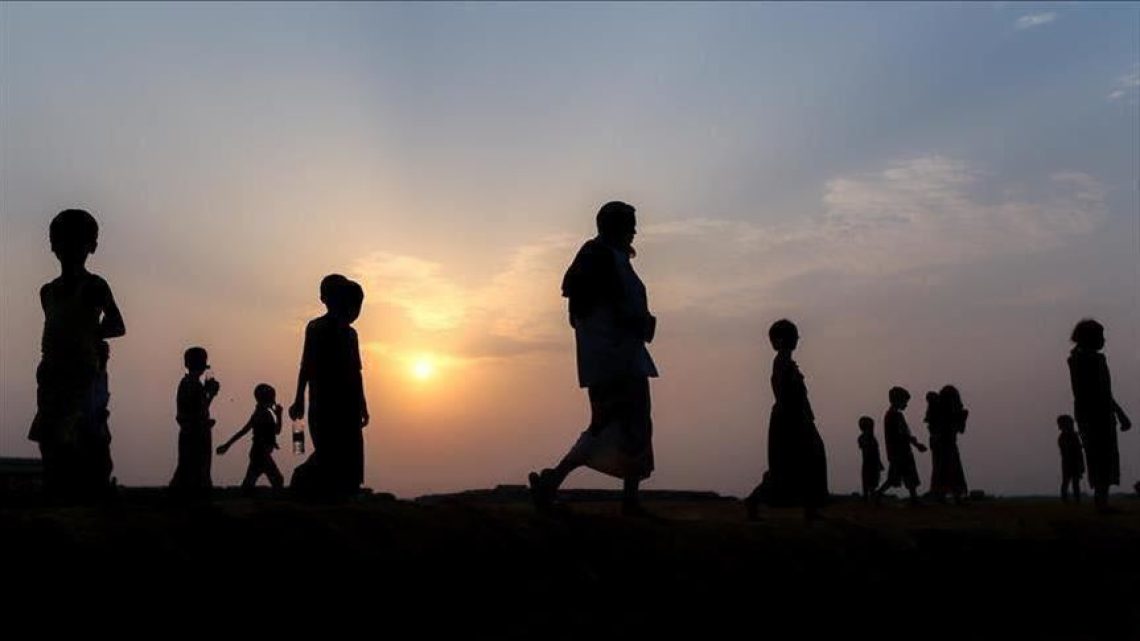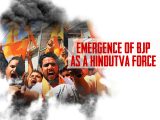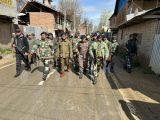
BJP’s Illegal Voter Expansion Strategy Alters IIOJK Political Dynamics ahead of Elections
August 22, 2024The BJP-led Indian government is making significant changes to the political landscape in Indian-illegal occupied Jammu and Kashmir (IIOJK) by adding over 93,000 new voters, many of whom are non-locals. This move aims to strengthen the influence of Hindutva forces in the region.
The Chief Electoral Officer of Indian-occupied Jammu and Kashmir (IIOJK) announced the update, revealing that the special summary of voter rolls, qualifying as of July 1, 2024, is complete. The updated list now includes 88.03 lakh voters, divided into 44.89 lakh males, 43.13 lakh females, and 168 third-gender voters.
Observers view this addition of new voters as a strategic maneuver by the BJP to gain an electoral edge. Critics argue that a substantial portion of these new voters are non-locals, introduced to shift the electoral balance in favor of BJP and its allies.
The Election Commission of India has scheduled assembly polls in IIOJK in three phases, with the first phase beginning on September 18. This process follows a controversial delimitation exercise, which reallocated six new assembly seats to the Hindu-majority Jammu region, while only adding one seat to the Muslim-majority Kashmir Valley, despite its larger population.
The BJP’s strategy also includes extending voting rights to non-locals who have resided in IIOJK for just one year, even if they lack proper documentation. This has raised concerns about gerrymandering and discrepancies in seat allocation.
The addition of non-local voters and the uneven distribution of assembly seats intensify fears that the demographic majority in Kashmir Valley is being deliberately marginalized. This shift could potentially transform the region’s political dynamics, undermining the local population’s influence.
As a whole, the BJP’s actions in Jammu and Kashmir are seen as a calculated effort to alter the region’s political balance and consolidate its control, reflecting broader concerns about the impact of such measures on regional representation and democratic fairness.

